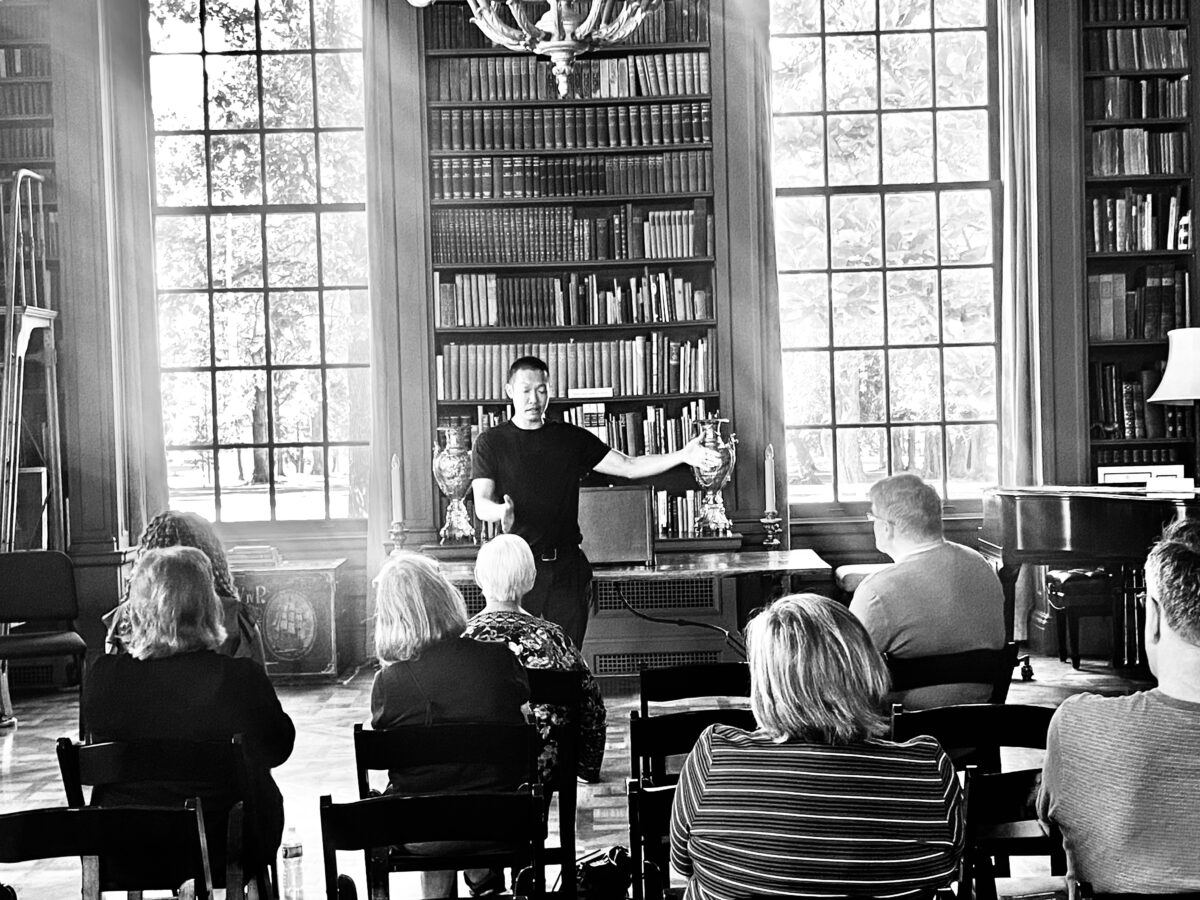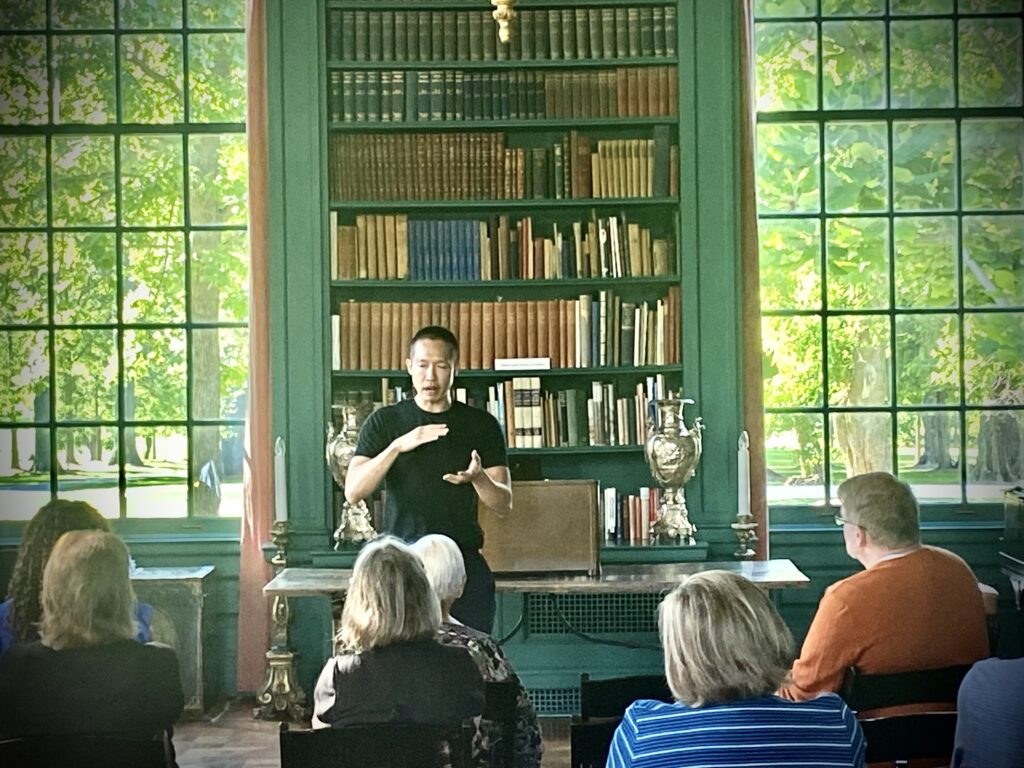In his seminal work, “Drop the ME and focus on the OTHERS,” Di Tran put forward a profound philosophy that not only compels us to prioritize others but also underscores the significance of maintaining good health as an expression of personal value and motivation. He presents a compelling anecdote featuring an elderly man in his seventies, who, despite his age, boasts an impressive physique and a determination to remain healthy and valuable until his very last breath. This anecdote incisively encapsulates the essence of self-care as a powerful tool for enhancing one’s personal value and living a meaningful life.
Understanding the Philosophy: The Intersection of Health and Value
The philosophy embedded in this narrative strongly resonates with the concept of ‘healthy narcissism’ espoused by Craig Malkin in his book “Rethinking Narcissism.” Healthy narcissism, according to Malkin, is not about vanity or self-obsession, but about a profound sense of self-worth and the motivation to take care of oneself. The elderly man in Tran’s narrative embodies this by maintaining a robust physique and a sense of attractiveness that extends well into his advanced years.

The Strength of Mind: More Than Physical Fitness
In his narrative, Tran underscores that achieving a well-maintained physique like a six-pack is more about mental strength than physical capabilities. This sentiment resonates with the concept of ‘grit’ discussed by Angela Duckworth in her renowned book “Grit: The Power of Passion and Perseverance.” Duckworth argues that grit, a combination of passion and perseverance, is crucial for achieving any long-term goals, including physical fitness. The act of regularly exercising, fasting, and consuming a protein-rich diet requires an immense amount of discipline and determination, demonstrating mental resilience and strength.
Hard Work: Beyond Physical Wellness
However, Tran’s narrative extends beyond the realm of physical wellness and enters the territory of holistic well-being, suggesting that the essence of life lies not just in self-care but also in the ability to add value to others’ lives. This principle is reminiscent of the ideas expressed by Adam Grant in his book “Give and Take.” Grant argues that successful individuals are often those who add value to others’ lives – ‘givers,’ as he calls them. The elderly man in Tran’s narrative exemplifies this by dedicating his life to serving his family and others, illustrating that the real value of life stems from the impact we have on the people around us.
In conclusion, Di Tran’s narrative represents a powerful intersection of health, value, and selflessness, urging readers to maintain their physical health and mental strength while also emphasizing the significance of adding value to others’ lives. The example of the elderly man’s commitment to maintaining his health and fitness while simultaneously serving others presents a compelling model for holistic well-being. This philosophy does not just challenge the conventional views of self-care and value addition but provides a unique perspective on how these concepts can co-exist harmoniously to create a life filled with purpose, health, and happiness.



















